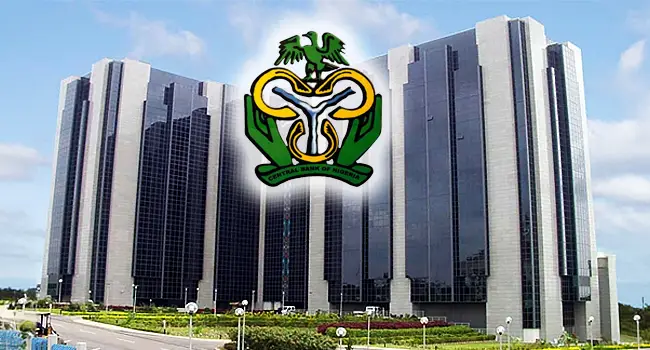Nigeria’s Central Bank (CBN) reports a $6.83 billion Balance of Payments (BOP) surplus for 2024. This marks a significant shift from deficits in the previous two years. While the CBN touts successful reforms and renewed investor confidence, a closer look is warranted. Is this a genuine turnaround, or a temporary blip? We should ask if it’s fueled by unsustainable factors.
Trade Performance: Digging Deeper
The CBN attributes the surplus to improved trade, highlighting a $13.17 billion goods trade surplus. However, the details are crucial. Gas exports did surge. But the reported decrease in petroleum imports raises questions. Was this due to increased domestic refining? Given delays with the Dangote refinery, that seems unlikely. Could it reflect suppressed domestic demand due to economic hardship and currency devaluation instead? A sustained decrease in essential imports could signal economic weakness. It doesn’t necessarily indicate strength.
Remittances: A Limited Lifeline
The strength of remittances from the Nigerian diaspora is undeniably positive. Still, relying on them for economic growth is precarious. Global economic conditions and personal circumstances influence these inflows. They aren’t a substitute for a diversified domestic economy. Therefore, we should be cautious.
Financial Account: Quality of Investment Matters
The doubling of portfolio investment inflows is presented as renewed investor confidence. However, portfolio investment is notoriously fickle. It can move quickly based on short-term sentiment. More concerning is the significant decline in Foreign Direct Investment (FDI). FDI is a more stable, long-term commitment. It’s crucial for job creation and technology transfer. The drop suggests long-term investors remain wary.
Reserves: Source of Increase is Key
Increased external reserves provide a welcome buffer. Yet, understanding how they were accumulated is essential. Did they come from genuine export earnings? Or did they come from increased borrowing and debt? Relying on debt to inflate reserves is unsustainable. It could create future problems. Thus, we need to know the source.
Data Integrity: Progress, But Gaps Remain
The CBN touts the narrowing of net errors and omissions as improved data integrity. Even so, these figures are still negative. This suggests continued gaps in data collection and reporting. The true picture of Nigeria’s finances may be more complex. Therefore, we must be careful with interpretations.
“Renewed Hope”: Premature to Celebrate?
The CBN’s report may be seen as validating the “Renewed Hope Agenda.” However, it’s too early to declare victory. A single year of surplus, potentially driven by unsustainable factors, doesn’t guarantee stability. A more critical assessment is needed. We must focus on the drivers of growth and the sustainability of policies. The long-term prospects for the Nigerian economy must be considered.
The Bottom Line:
The $6.83 billion surplus is welcome, but requires cautious optimism. A deeper analysis is needed. We must determine if this is a genuine turnaround or a temporary reprieve. US investors and policymakers should look beyond headlines. They should focus on the underlying economic realities. Decisions should be based on a comprehensive understanding.
Source: Sidi-Ali, Hakama (Mrs.), Ag. Director, Corporate Communications, Central Bank of Nigeria.
Related Post: Nigeria Pushes Clean Energy with $100M Electric Vehicle Initiative for Northeast





